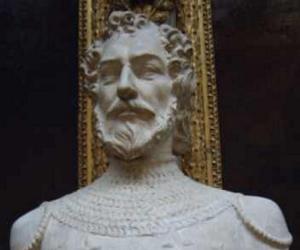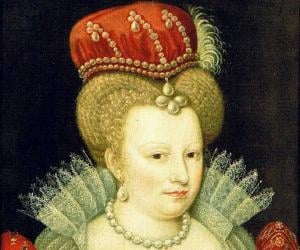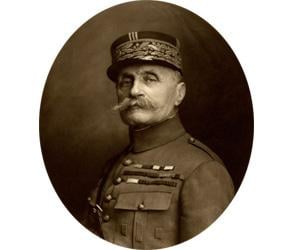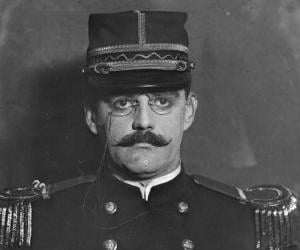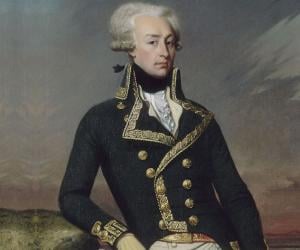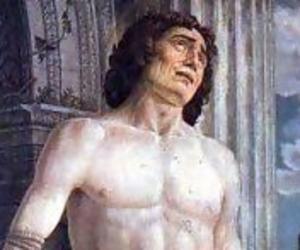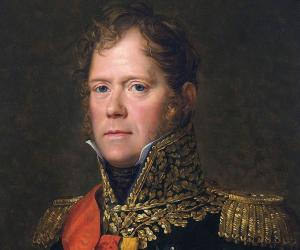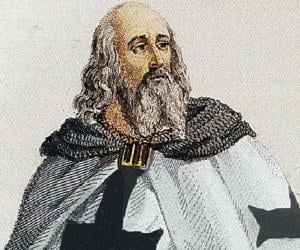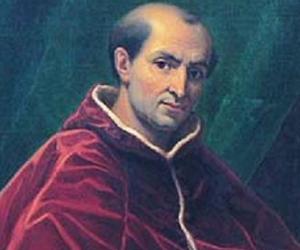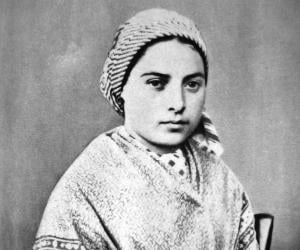Born: 1319
Charles I, Duke of Brittany
(Medieval Breton Leaders)
Charles I, also known as Charles of Blois Chatillon, was a Breton leader who claimed the title of the Duke of Brittany in 1341. He is till date best remembered for his involvement in the Breton War of Succession that lasted for more than twenty years. Born to Guy de Chatillon and Margaret of Valois, Charles was a religious and spiritually inclined child. His religious fervour was such that he underwent extreme pain and discomfort to the point of crushing his own self. It was his devotion that made him renowned as a pious and devout soul. Married to Joanna of Penthievre, heiress and niece of John III the Duke of Brittany, Charles claimed the dukedom after the death of John III. However, his claims were not recognized by John of Montfort which led to conflict and subsequently the commencement of the Bretton War of Succession. Lasting for twenty long years, the Bretton War of Succession led to the death of Charles during the Battle of Auray in 1364 and the victory of the Montforts. Posthumously, Charles was canonized as a Saint but due to objection from his successor Duke of Brittany, John V, this canonization was annulled. However, in 1904, he was beautified with the title of ‘Blessed’.
Military Leaders #2432
0
0
